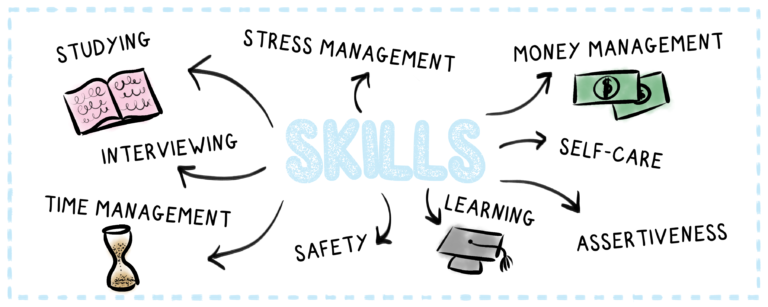Living with someone is difficult. It’s not easy for freshmen students to transition to post-secondary institution learning, living away from home, eating food from a dining hall, and leaving their support networks. On top of that, many students arrive at their residence halls and are required to adjust to living in close quarters with others. Needless to say, the transition to residence and living with a peer can be difficult and one that can impact the perception of residence services and satisfaction with the institution.
When creating or educating your students on finding a roommate, it’s important to think about what characteristics and traits create compatible matches. It’s not always intuitive for students to think about what characteristics are important when living with someone. Popular media has suggested that you need to be best friends with your freshman roommate, and if you’re not, it’s a failed relationship. There is value in creating learning opportunities for your students to understand the criteria for matching roommates. You can take it one step further by letting your students select their own roommates.
The Research
If you didn’t catch it, the ACUHO-I foundation recently funded a study (The Relationship of First-Year Residence Hall Roommate Assignment Policy with Interactional Diversity and Perceptions of the Campus Environment, Fosnacht, Gonyea, & Graham) that was published by The Journal of Higher Education that focused on roommate matching policies. The study highlights that giving students autonomy and choice in their roommates results in positive outcomes. “Students are in the best position to decide the suitability of a roommate, particularly if the student is from a minority group.” Asian, Black and multiracial students who chose their roommates perceived more positive campus environments when they were able to select their roommate. White and Latinx students did not experience this effect. The study found that allowing your students to choose their roommates does not impact the frequency of discussions with diverse others when compared to institutionally assigned roommates.
The above study briefly touches upon the impact of roommates on campus satisfaction. Skyfactor produced a research note in 2017 (The Impact of Roommates on First-Year Students, 2017) that suggests first-year students with a roommate have overall higher satisfaction with their institution when compared to students who did not have a roommate. Furthermore, having a roommate seemed to increase peer connections and social integration for first-year students. Academic performance and retention were also slightly higher when first-year students had a roommate.
Create Opportunity for Student Input
Educate students, provide options for informed connections, and allow students to exercise autonomy and make choices. It appears that allowing students to be involved in their housing assignment, specifically their roommate selection, can impact not only their satisfaction in residence but also their perception of the institution and the university experience. We need to use systems and create policies that allow for student input while setting them up for success. A great example of this would be the process at Saint Mary’s College. We featured their online room selection process as a Campus Showcase last month. In addition, the Roomeez service that eRezLife provides is a tool that allows you to provide students with a private, secure social networking tool that was intentionally designed for roommate matching. Whatever the path you choose to take, make sure your students have a chance to contribute and learn, not only about the process but also about themselves.
Welcome to the community. We’re glad you’re here.






